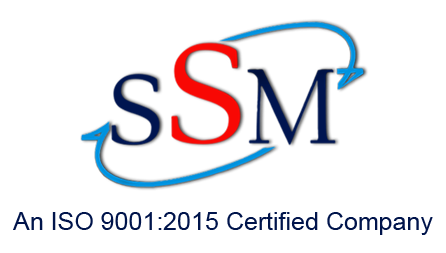3.1 Introduction
Like programming languages SQL Server also provides User Defined Functions (UDFs). From SQL Server 2000 the UDF feature was added. UDF is a programming construct that accepts parameters, does actions and returns the result of that action. The result either is a scalar value or result set. UDFs can be used in scripts, Stored Procedures, triggers and other UDFs within a database.
Benefits of UDF
- UDFs support modular programming. Once you create a UDF and store it in a database then you can call it any number of times. You can modify the UDF independent of the source code.
- UDFs reduce the compilation cost of T-SQL code by caching plans and reusing them for repeated execution.
- They can reduce network traffic. If you want to filter data based on some complex constraints then that can be expressed as a UDF. Then you can use this UDF in a WHERE clause to filter data.
Types of UDF
- Scalar Valued Functions.
- Table Valued Functions.
Last modified: Tuesday, 17 December 2019, 12:52 PM
